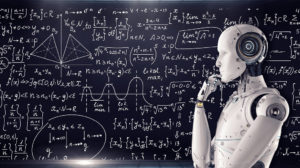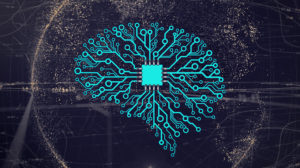 Il suo lavoro scientifico ha conseguenze fondamentali. Ha contribuito alla creazione della tecnica CRISPR-CAS9 per la manipolazione genetica che è destinata a cambiare molte cose in tutto ciò che ha a che fare con la vita.
Il suo lavoro scientifico ha conseguenze fondamentali. Ha contribuito alla creazione della tecnica CRISPR-CAS9 per la manipolazione genetica che è destinata a cambiare molte cose in tutto ciò che ha a che fare con la vita.
In questa intervista per EuroScientist racconta come il tema della raccolta di fondi sia diventato centrale nel lavoro scientifico, costeggia l’argomento dell’etica e arriva a discutere di scienza e media (EuroScientist).
In particolare sui problemi etici del CRISPR-CAS9:
One aspect of the ethical concerns is the safety issues. Indeed, she believes, applying the gene editing method to human pathogens requires a careful approach to avoid creating superbugs, that could become resistant to antibiotics and escape the lab. Such careful handling is key to ward off the potential threat of bioterrorism. “Within the walls of a lab, scientists know what they are doing and know what kind of regulatory paperwork they need to complete and fill out.” A very “logical” procedure, she thinks.
Another aspect of the ethics debate is the necessary discussion about other types of research that “we would not be doing spontaneously,” she says. For example, the manipulation of embryos and of human germ lines. Also gene drive, the technique designed to transmit a certain gene to virtually all of the offsprings, raises concerns, she explains. This approach could also be used in a way that is beneficial for humain health as it raises the possibility of making sterile mosquitoes; one of the recently suggested application of the CRIPS/Cas9 technique to prevent malaria.
The French scientist declares, however, that “for the manipulation of germ lines, the technique is not ready yet,” and she adds: “even if it were the case, I would be restrictive with regard to this application. Gene drive has to be considered with caution,” she concludes. Regulations are enforced within labs, but “we have a need for regulations also outside the lab.” (EuroScientist)






Commenta